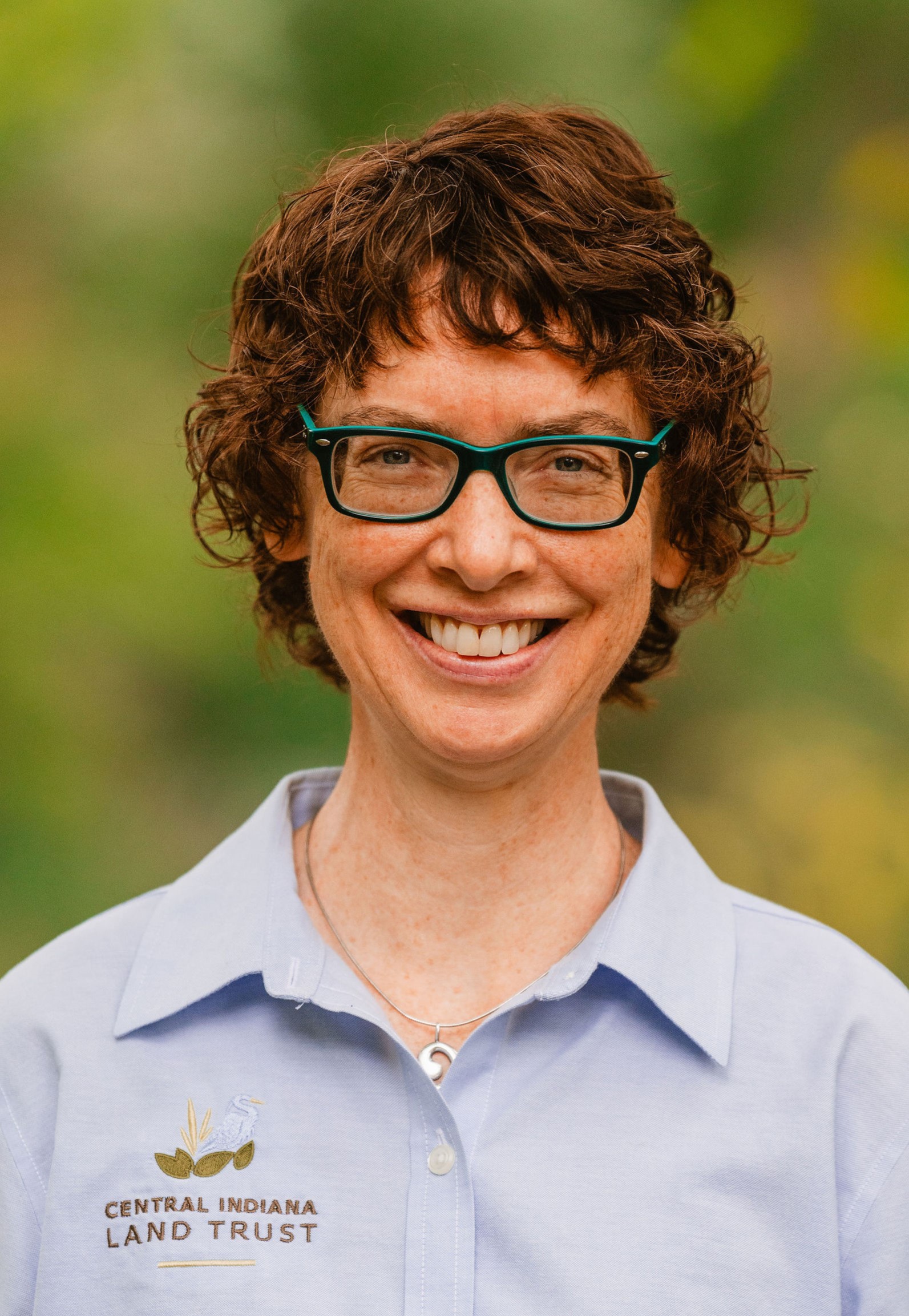Today is Juneteenth. The federal holiday celebrates the day in 1865 when Union troops told the remaining enslaved people they were emancipated.
As we mark this day in our nation’s past, it’s a good time to consider an aspect of history reflected in our conservation work. The common names of countless species reflect our nation’s racist past.
Calls for change began amid concerns about memorializing people who perpetrated injustices. Numerous birds are named after enslavers, for example. Many take their common name from officials who participated in forced removal and killing of Native Americans.
The same goes for large numbers of other animals and geographic places. Today, for many, these names get in the way of enjoying nature.
That’s why birds like Cooper’s hawks, Swainson’s thrushes, and Wilson’s warblers may soon be renamed. The change is part of a growing movement to rectify historical racism.
In the birding world, the McCown’s longspur was first to be addressed.
John P. McCown was a Confederate general who fought to maintain slavery. Before the Civil War, he waged war on native tribes. As a collector of bird specimens, he was given a place in the ornithological lexicon.
The American Ornithological Society (AOS) initially denied a request to strip the bird of his name. But in 2020, the organization agreed to the change. Now the bird is known by a more descriptive moniker, “thick-billed longspur.”
In November 2023, the AOS announced plans to take the change wider. Any American bird named after a person will eventually have a new English common name.
A pilot project focuses on six species of North American birds. The new names will be based on birds’ characteristics and/or behavior. These names might be more intuitive to learn and remember. But more importantly, the project signals an effort to be more welcoming to all communities.
On Juneteenth and every day, our organization looks to be part of the shift toward greater inclusion. With nature under ongoing threat, we commend any move to expand support for conservation.

Shawndra Miller
Communications Director